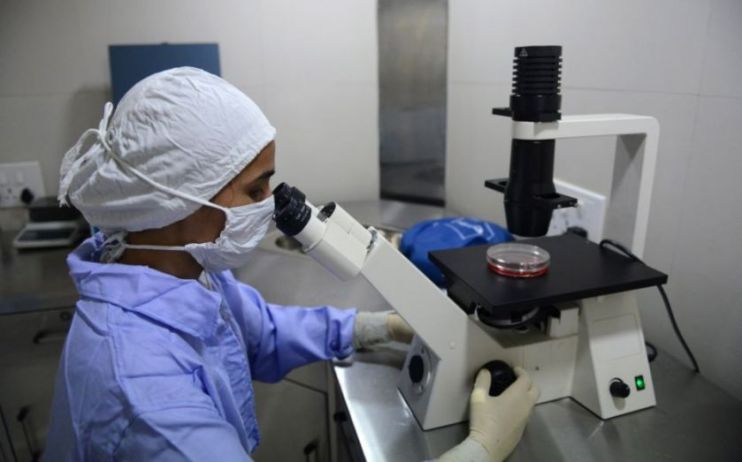Budget: Can Jeremy Hunt’s R&D tax plans stop Britain becoming an ‘innovation wasteland’?

Chancellor Jeremy Hunt has attempted to soften the blow of changes to the research and development (R&D) tax scheme today after backlash from small businesses and warnings the UK could become an “innovation wasteland”.
In the government’s Spring budget, Hunt said the government would now roll out a new tax break to allow “qualifying small or medium-sized” firms that spend 40 per cent of their total expenditure on R&D to claim credit worth £27 for every £100 they invest.
The plans mark a partial reversal of plans to dramatically slash R&D tax breaks announced in the Autumn statement, when Hunt revealed plans to rein in the existing tax credit scheme to clamp down on fraud and boost the Treasury’s coffers.
The plans will see the amount of R&D spend that start-ups can claim back slashed from 33 per cent to 18.6 per cent from the 1st April.
The Federation of Small Businesses, which warned last month that the changes announced in Autumn risk turning the UK into an “innovation wasteland“, said the enhanced tax credit today was a “significant step towards promoting innovation” but the plans still had major drawbacks.
“The large proportion of firms who fall outside of the 40 per intensity threshold will be left feeling mystified by the change in policy since last Autumn,” FSB chair Martin McTague said.
“R&D tax credits have been the most effective industrial policy of the last ten years, creating cutting edge products and services in the small business community.”
How will today’s R&D changes impact small businesses?
Analysts and lawyers said the breaks announced today would provide a welcome relief for smaller firms looking to invest in innovation, but much will hinge on the practical application of the plans.
“The significant additional support for the most innovative companies is welcome, going some way to address the reduction in SME tax credits already announced,” Robert Lamb, an R&D specialist at Alvarez & Marsal, told City A.M.
“[We are] yet to see how this will work in practice, especially given the high number of companies that are predicted to benefit from the measure, and it will be key to understand how this interacts with the existing R&D tax regime,” he added.
“Excellent news for R&D intensive businesses”
A host of investors recently claimed the changes to the R&D scheme announced in Autumn would scupper the government’s ambitions to become a “science and tech superpower”.
However, life sciences lawyers at Pinsent Masons said the new scheme would help soften the blow of winding back the existing tax credits scheme and showed engagement withe the gripes of small firms since the plans were announced in Autumn.
“The enhanced tax credit is excellent news for R&D intensive businesses across the UK. It is positive and reassuring to see how constructively the Treasury has engaged with R&D intensive sectors and listened to their concerns about the significant detrimental impact of cuts to R&D tax reliefs being introduced in April,” said Pinsent Masons legal director Penny Simmons.
“It is reassuring that a workable solution has been found to reduce the detrimental impact of the cuts.”
Analysts at Hargreaves Lansdown said the plans provide life sciences firms with a “big dose of financial persuasion to stay rooted in the UK and invest for the longer term”.
“This is a hugely welcome development in a week when many smaller life sciences firms were facing an existential crisis with funding lines at risk of being severed following the SVB collapse,” said Susannah Streeter, head of money and markets at Hargreaves Lansdown.